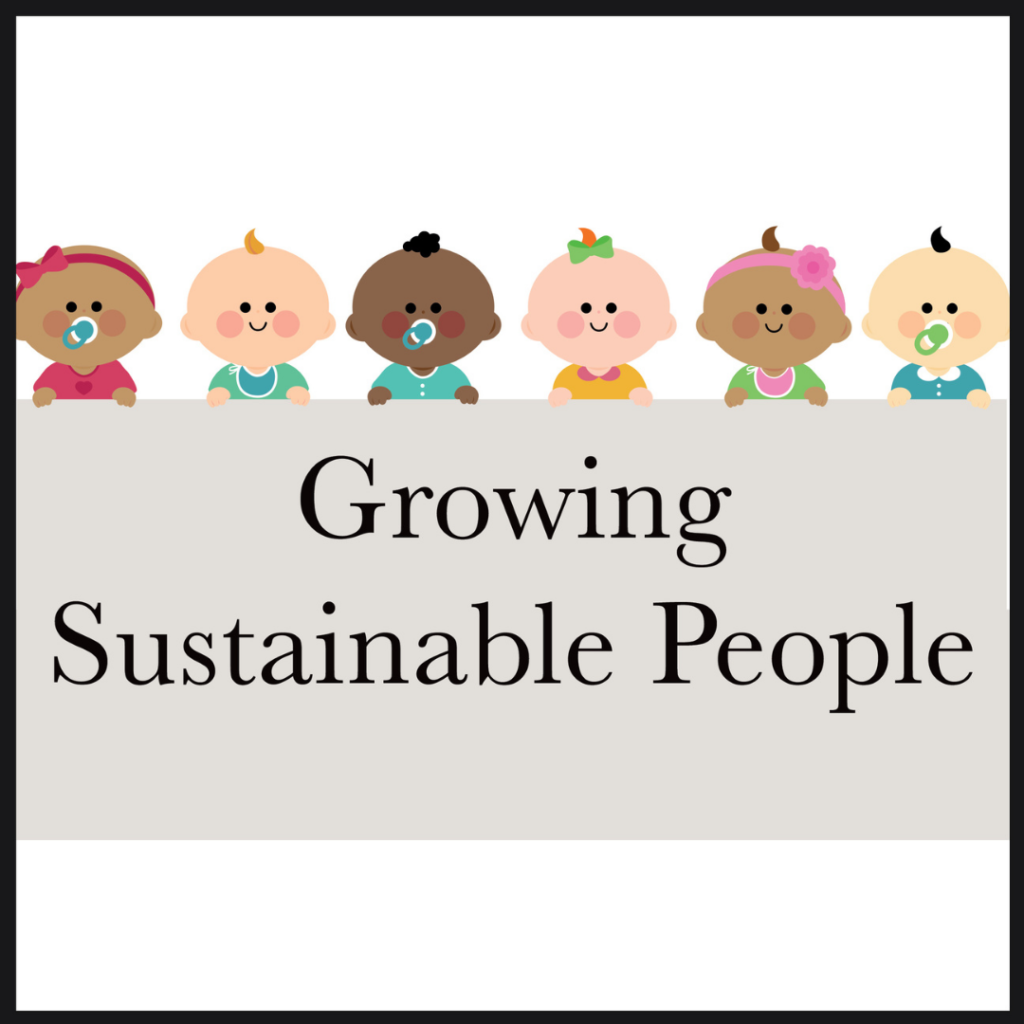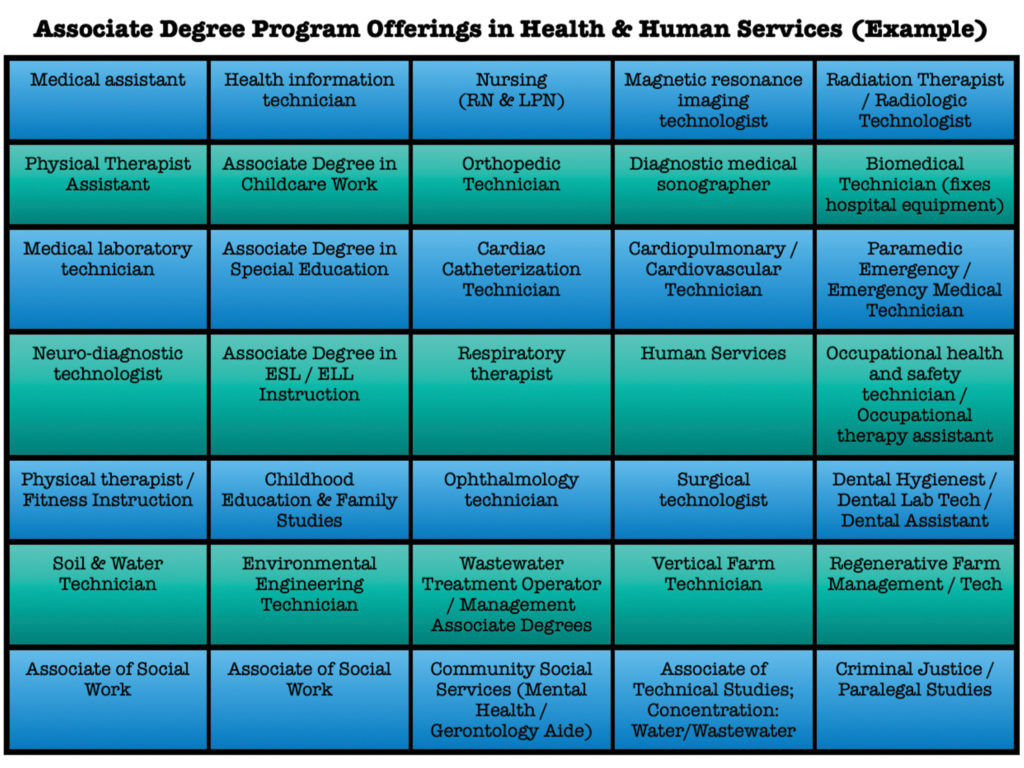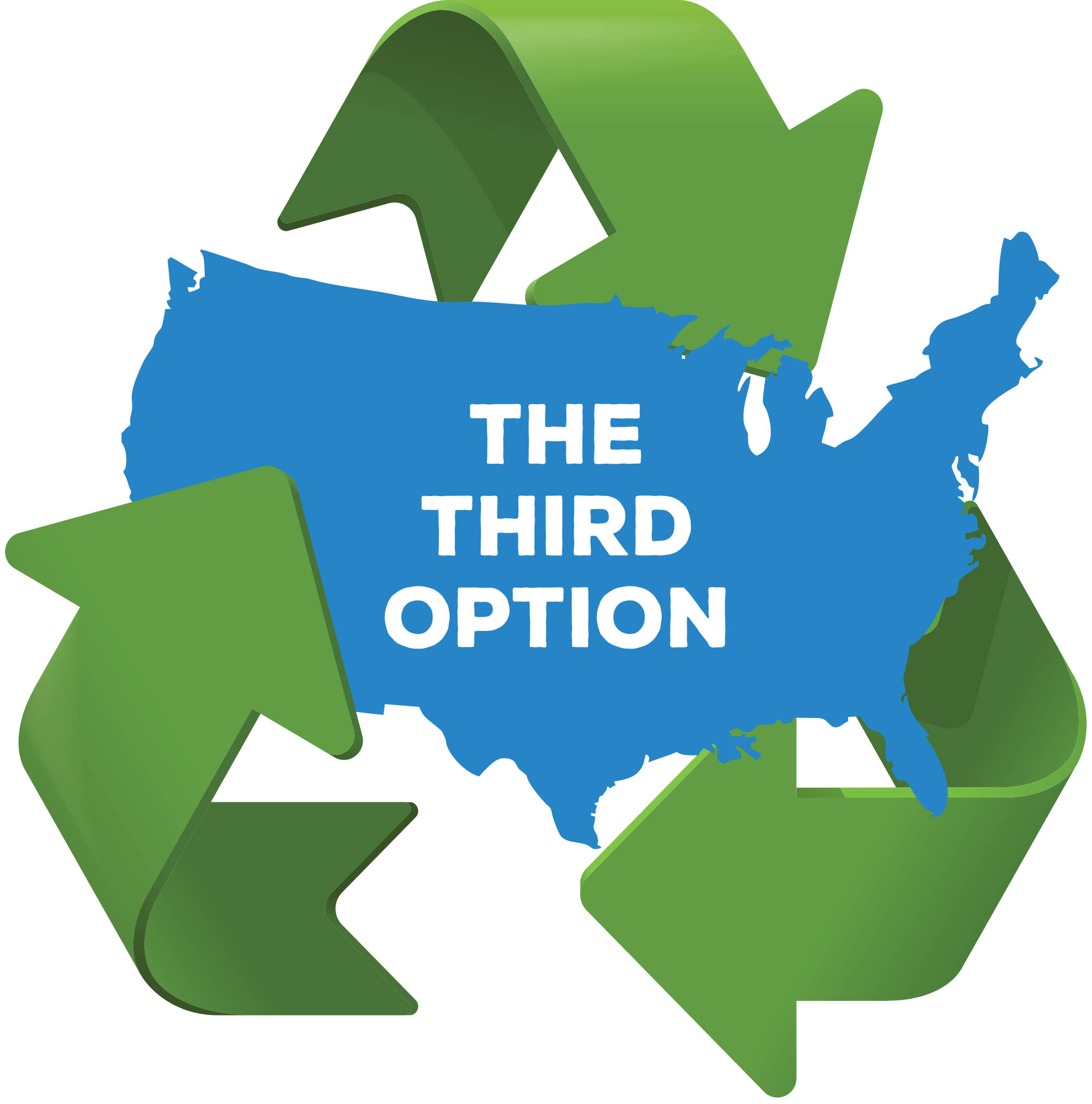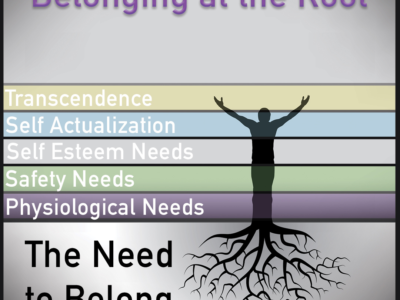In order to reverse unhealthy patterns, more interventional education is needed.
There must be a large variety of shared undertakings and experiences. Otherwise, the influences which educate some into masters, educate others into slaves.
John Dewey, Democracy and Education
I. Education has always given us the tools to navigate our Virtual Economic World. Now it must give us the tools to rebuild it.
Even a rat in a maze believes it has Liberty, as long as it perceives ‘a way out.’ The current societal maze we have created traps many of our fellow Americans, who can only perceive a ‘way out’ through various addictions, or toward what society has defined as ‘criminal behaviors’, but which is often the only ‘perceived’ way forward from their point of view.
People do like their Liberty —to navigate whatever maze we create for them—so if we desire better health outcomes for Americans, we will need to create a maze that does not ‘dead-end’ into Uncertainty, Isolation, or Unfairness, which are the psychologically hopeless feelings that lead people to perceive that they are ‘trapped like a rat’. The reality behind what we call ‘Liberty’ is our restless drive to find MORE or acquire MORE (or in the current paradigm, to consume MORE). Since we cannot suppress this drive, we will need to better redirect it. In redirecting people toward a healthier version of this MORE, three essential shifts must occur:
1. The quest for MORE must shift from seeking it wholly from outside ourselves (a finite source) to seeking it, as much as possible, from within ourselves (an infinite source).
- If successful, education could become an end in itself, a consumable ‘good’ that would fuel an economy where all can become rich in knowledge.
- Meanwhile, we would all gain access to the same knowledge, which is the only way Democracy can break free from its current gridlock. We cannot draw similar conclusions without access to the same information.
- By necessity, important terms must be redefined, in order to better represent this shift in our thinking (such as the difference between Power and Control, for example).
2. Our ‘Fates’ must be better tied together, such that wherever the MORE takes any individual, the rest of us get pulled forward as well. Thus, the paradigm still satisfies the liberty for individuals to seek MORE, while solving for the disparity that occurs if the Liberty of one is allowed to encroach upon the Liberty of the rest.
- To this end, gains that benefit all would be rewarded over purely selfish gains.
3. Some measure of power must be relinquished to youth, in order that they may create the future into which they someday hope to step. As Thomas Kuhn points out, progress is necessarily spurred by newer generations, who can see the bigger picture and think outside the box of earlier established paradigms.
- Many among the older generation have discovered that in order to stay ‘young at heart’, one must adapt to change rather than resist it. For this reason, the chance for adults to be re-educated needs to also be built into the system, in order that they may join in this Emerging Future, rather than always serving as an obstacle to such progress.

II. Submission to Control requires inaction. Education, therefore—if it hopes to instill Democracy—needs to inspire the opposite effect.
Third Option Education is designed to instill Power in children, and would plug them into this Power source from birth, in order to remove any sources of Control from plugging into them instead, and draining all their Power away.
Once they are fully charged, it would be time for our kids to ‘payback’ their Education, now seen as an ‘apprenticeship’, which implies they would soon ‘master’ their craft, in order to ascend to their ‘rightful place’ in society. Prior to that, however, they will be apprentices, honing their craft within society, at times doing the essential work, at times doing the ‘dirty work’ (which builds ‘character’—at least that is what my generation was told).
In this way, our kids will be forced to ‘grow up fast’, because important responsibilities would befall them at a young age; learning to swim is best done while actually in the water. By the time high school is finished, and their Education ‘debt’ has been repaid, they will have earned an associate degree in one of the following fields, for which they would have logged significant hours ‘in the field’. All would have a job waiting for them in this field at any time of their choosing, though some may go on to pursue other endeavors, possible unrelated to these skills they have acquired. Either way, those skills would be there for them, should they need the money, because we will always need essential health-related jobs.


